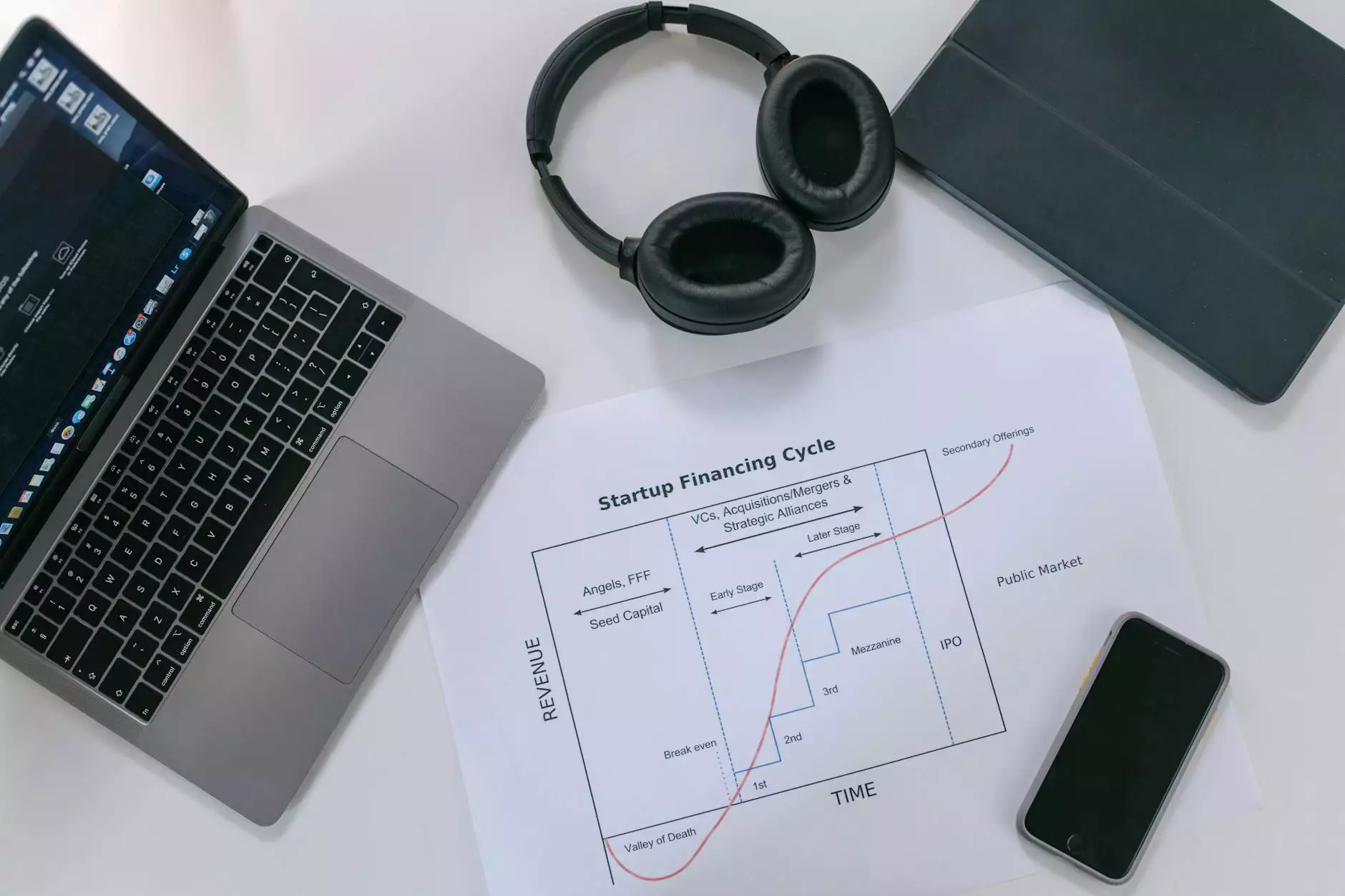Inbound Call Handling: The Key to Streamlining Your Business Communication

Introduction
Welcome to answermyphone.biz, your ultimate resource for all things related to inbound call handling and business communication. In this article, we will delve into the world of efficient call handling strategies, exploring their importance, benefits, and best practices for successful implementation. Whether you are a small startup or a well-established enterprise, mastering the art of inbound call handling can make a significant difference in your overall business success.
Understanding Inbound Call Handling
Inbound call handling refers to the process of efficiently managing incoming phone calls received by your business. It involves a strategic approach to answering, directing, and resolving callers' queries or concerns promptly. Effective inbound call handling ensures that all customer interactions are handled smoothly, resulting in improved satisfaction and increased loyalty.
The Importance of Inbound Call Handling
As business competition continues to rise, providing exceptional customer service has become a critical differentiating factor. Efficient inbound call handling serves as the backbone of your customer service strategy, enabling you to create positive experiences for your callers. By prioritizing their needs and resolving their queries promptly, you build trust, enhance customer satisfaction, and increase the likelihood of repeat business.
The Benefits of Effective Inbound Call Handling
Implementing effective inbound call handling strategies offers numerous advantages that can positively impact your business. Let's explore some of the key benefits:
1. Enhanced Customer Satisfaction
Engaging callers with a personalized and efficient call handling process leads to increased customer satisfaction. By resolving their queries or providing relevant information promptly, you demonstrate your commitment to customer care and build stronger relationships.
2. Improved Efficiency and Productivity
Streamlining your inbound call handling processes enables your team to work more efficiently and productively. With well-defined call routing strategies, intelligent IVR systems, and well-trained agents, you can effectively handle high call volumes, reduce wait times, and minimize call transfers or escalations.
3. Increased First Call Resolution
Achieving a high first call resolution rate is a sign of effective inbound call handling. By empowering your agents with the necessary information and tools, you can resolve customer queries in a single interaction, eliminating the need for follow-up calls and ensuring customer satisfaction.
4. Building Brand Reputation
Your approach to inbound call handling directly impacts your brand reputation. By consistently delivering a positive and seamless customer experience, you establish your business as reliable, trustworthy, and committed to providing exceptional service.
5. Cost Savings
Efficient inbound call handling can lead to cost savings by reducing call handling times, minimizing call transfers, and increasing agent productivity. By optimizing your processes and leveraging technology, you can achieve more with fewer resources, ultimately leading to improved business profitability.
Best Practices for Inbound Call Handling
1. Call Routing and Queuing
Implement a robust call routing system to direct callers to the right department or agent efficiently. Utilize intelligent call queuing algorithms to minimize wait times and ensure that callers are accurately informed about their positions in the queue.
2. IVR Optimization
An Interactive Voice Response (IVR) system can effectively handle a significant number of customer calls by providing self-service options. Optimize your IVR menu by offering relevant options and ensuring intuitive navigation. Additionally, provide an option for callers to connect with a live agent if their query cannot be resolved through self-service.
3. Agent Training and Empowerment
Invest in comprehensive training programs to equip your agents with the necessary skills, product knowledge, and customer service etiquettes. Empower them to handle a wide range of customer queries and provide personalized solutions. Regular coaching and monitoring sessions can help maintain consistent service quality.
4. Integration with CRM Systems
Integrating your inbound call handling systems with Customer Relationship Management (CRM) software streamlines the process of accessing customer information and previous interaction history. This enables agents to offer personalized and context-specific assistance to callers, creating a more satisfying experience.
5. Continuous Improvement with Analytics
Utilize call analytics tools to gain insights into call patterns, agent performance, and customer satisfaction levels. Analyzing this data helps identify areas for improvement, refine call handling strategies, and optimize resource allocation.
Conclusion
Inbound call handling is a crucial aspect of your business communication that should not be overlooked. By efficiently managing incoming calls, you greatly enhance customer satisfaction, boost productivity, and build a strong brand reputation. Incorporate the best practices discussed in this article to optimize your inbound call handling processes and stay ahead of the competition.
Remember, at answermyphone.biz, we are dedicated to providing you with all the necessary tools and resources to excel in your inbound call handling endeavors. Reach out to our team today to explore how we can help streamline your business communication and take your customer service to new heights!









